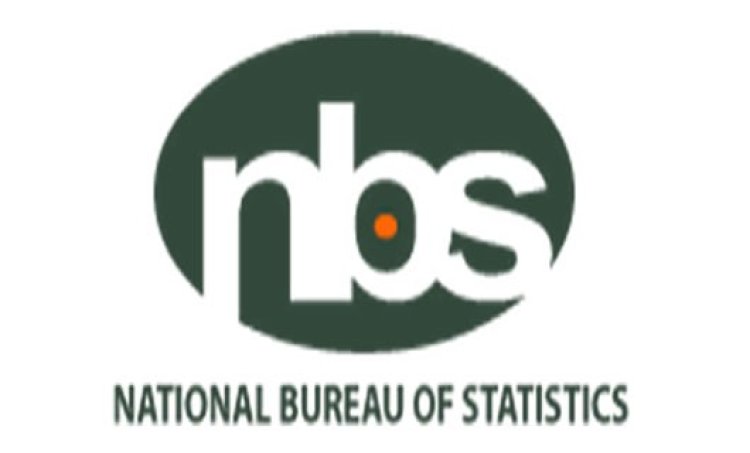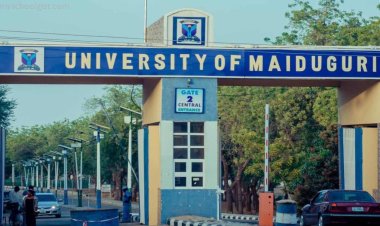86% of Nigerians in Labor Force Lack Post-Secondary Education in 2023, Reveals NBS Report
A recent report from the Nigeria Labour Force Survey (NLFS) for 2023 reveals that 86% of the 88.9 million Nigerians in the labor force lack post-secondary education.

In a striking revelation from the Nigeria Labour Force Survey (NLFS) annual report for 2023, it has been reported that 86% of the 88.9 million Nigerians in the labor force do not possess post-secondary education. This data, recently released by the National Bureau of Statistics (NBS), underscores a significant educational gap that could impede Nigeria's economic development.
The report indicates that approximately 76.6 million Nigerians in the labor force lack post-secondary qualifications. This alarming statistic not only reflects the challenges in educational attainment but also poses serious concerns for Nigeria’s competitiveness in the global market.
Among the total labor force, only 12.3 million individuals, or 14%, have obtained post-secondary education. The data highlights stark disparities in access to higher education and technical training, which are essential for fostering innovation and enhancing productivity within the economy.
Understanding the Data
The 76.6 million Nigerians without post-secondary qualifications comprise those with “no education,” “primary education,” and “secondary education.” Notably, 24.3 million, or 31%, of these individuals have no formal education, yet 79% of this group are employed, resulting in a remarkably low unemployment rate of 3.2%. This suggests a reliance on informal sectors, such as agriculture and trading, which do not necessitate formal qualifications, providing essential livelihoods despite lower wages and limited upward mobility.
Individuals with primary education make up 23.1 million of the labor force, exhibiting a 65.6% participation rate. The employment rate for this group stands at 62.9%, with an unemployment rate slightly higher at 4.1%. This marginal increase may indicate a reliance on formal sectors where primary education alone does not suffice for skilled jobs.
The largest segment of the labor force, encompassing 29.2 million people, holds secondary education credentials. This group boasts a participation rate of 77.7% and an employment rate of 72.5%, but their unemployment rate is higher at 6.7%. This mismatch highlights the need for educational reform to better align skills with market demands.
Among those with post-secondary education, totaling 11.7 million, the participation rate is high at 87.9%. However, 9.4% remain unemployed, revealing that even with higher education, many struggle to secure jobs. This presents a challenge for the labor market, indicating that possessing a degree does not always guarantee employment.
Interestingly, individuals with postgraduate education have the lowest unemployment rate at 3.8%, despite their smaller population of 606,020. The employment rate for this group is 87.3%, suggesting that advanced degrees provide better job security and access to higher-paying positions, particularly in specialized fields.
The findings from the NBS report illustrate a pressing need for educational initiatives and policies to bridge the gap in skills and enhance the employability of Nigerians, ensuring that the workforce is equipped for the challenges of a modern economy.

 Chris Oyeoku Okafor
Chris Oyeoku Okafor 



